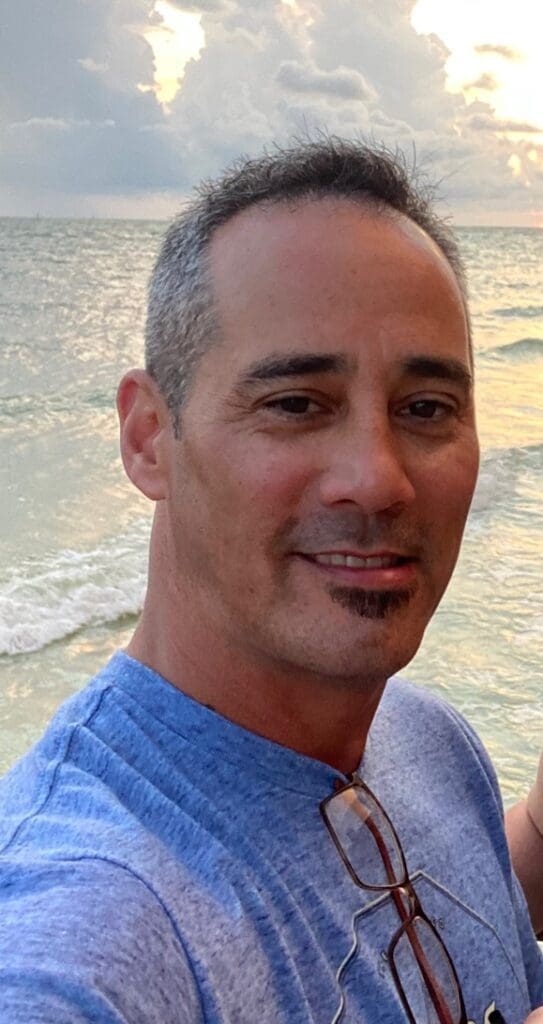How to handle on-site communication challenges


This article focuses on how to handle on-site communication challenges.
Most field engineers will agree that there are two sides to their role:
The technical side
The human side
The most challenging side will vary from job to job and from client to client.
Al Bates and Carl Tope advise on how to handle on-site communication challenges
Arriving on site with a customer
Here is a typical scenario. You’ve travelled and are at the site on time with all your equipment. You’re ready to fix, service, upgrade or troubleshoot. You’re keen to gather all the information you need and to complete the job in the best time possible.
Then the person who is your contact says one or more of the following:
I don’t know when it happened.
I don’t know how long it’s been.
It’s not my responsibility.
It’s above my pay grade.
I assumed, …
It will never change.
We’ve always done it this way.
I liked it better before.
When you hear one of these especially if you’re in a new location or with a new client or in a new country, it can be difficult to know what to answer.
Then it can make it more difficult to do your job. Perhaps also nerves kick in.
This type of situation is most difficult when you are new at the role of field engineer.
It does become easier with experience, although there are still challenges.
What can you do?


Al Bates, a Field Engineer with Standard-Knapp who supports case, tray and shrink packaging machinery, uses his many years of experience and does two things.
First, he asks the next individual down the line. As he’s dealing with machinery issues, he finds some machine operators and talks to them. They are closest to the machine and so even if they are not experts in the machine and how it works internally, they will have a lot of information.
Secondly, he asks lots of specific questions. For example:
What did the machine do?
Then, what did you hear it do?
What have you heard people say about it?
What Al needs is information so that he can work out the cause of the problem. He knows that you don’t need to ask an expert all the time, but you do need someone who is close to the problem.
I liked it better before


Carl Tope, a Field Service Engineer, Flow Cytometry, with Becton Dickinson, has encountered statements like:
“I liked it better before.”
This happens after a change or an upgrade.
Carl does two things to handle these sorts of situations.
Firstly, he tries to show the customer the advantages of having the changes in spec. by sharing his knowledge and experience.
Secondly, if that doesn’t work and he has to leave the instrument out of spec, he enters notes in the service report. He notes that the customer was aware of this and accepted it.
What else can you have in your communication tool kit to handle on site communication challenges
Listen carefully
Listen to the entire statement and then formulate your answer.
Repeat or rephrase the statement to check.
Show empathy – take time to understand why they are saying what they are saying.
Try and see their perspective
Ask questions and then listen some more
Demeanour
Keep your tone consistent and don’t alter body language even if you are frustrated or irritated.
Lower your voice – it will make you sound calmer.
Don’t look rushed or give the appearance that you want them to leave you alone.
Respond as if all your customers, your manager, your colleagues were watching and give your best.
Know when to give in and find someone else to help or answer questions.
Don’t take it personally. Let it go as you leave. Do report back to your office or team if needed.
At the end of the visit, summarise what you have done and what you will do – and ask if they have questions.
Try and end the visit with a smile, handshake, or positive statement.


Remember
“Every human is like all other humans, some other humans, and no other human”
Clyde Kluckhon
Further reading
Ways to team lead with honesty, empathy, and great communication
Best Interesting Quotes when you need help as a Field Engineer


Responses